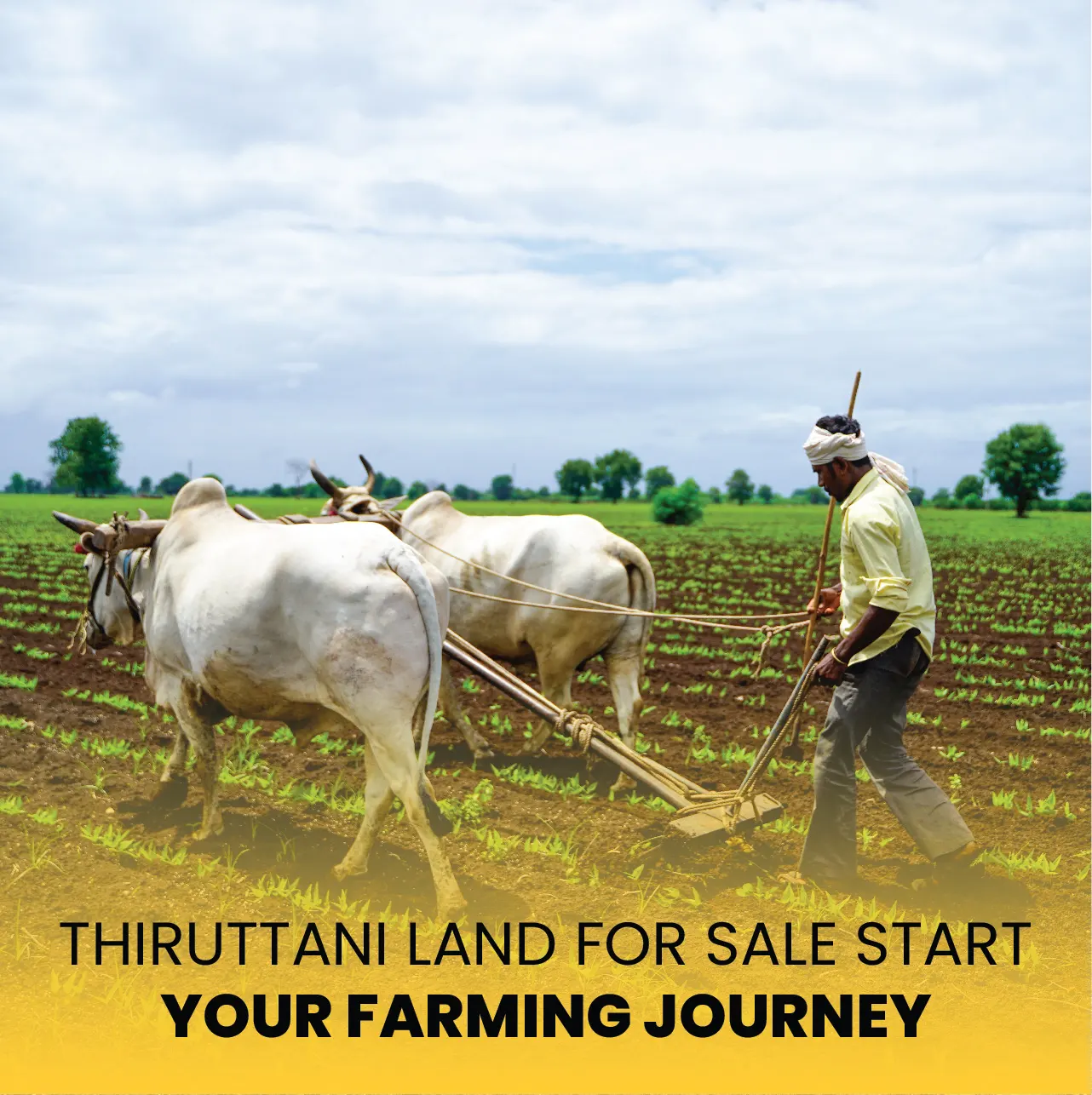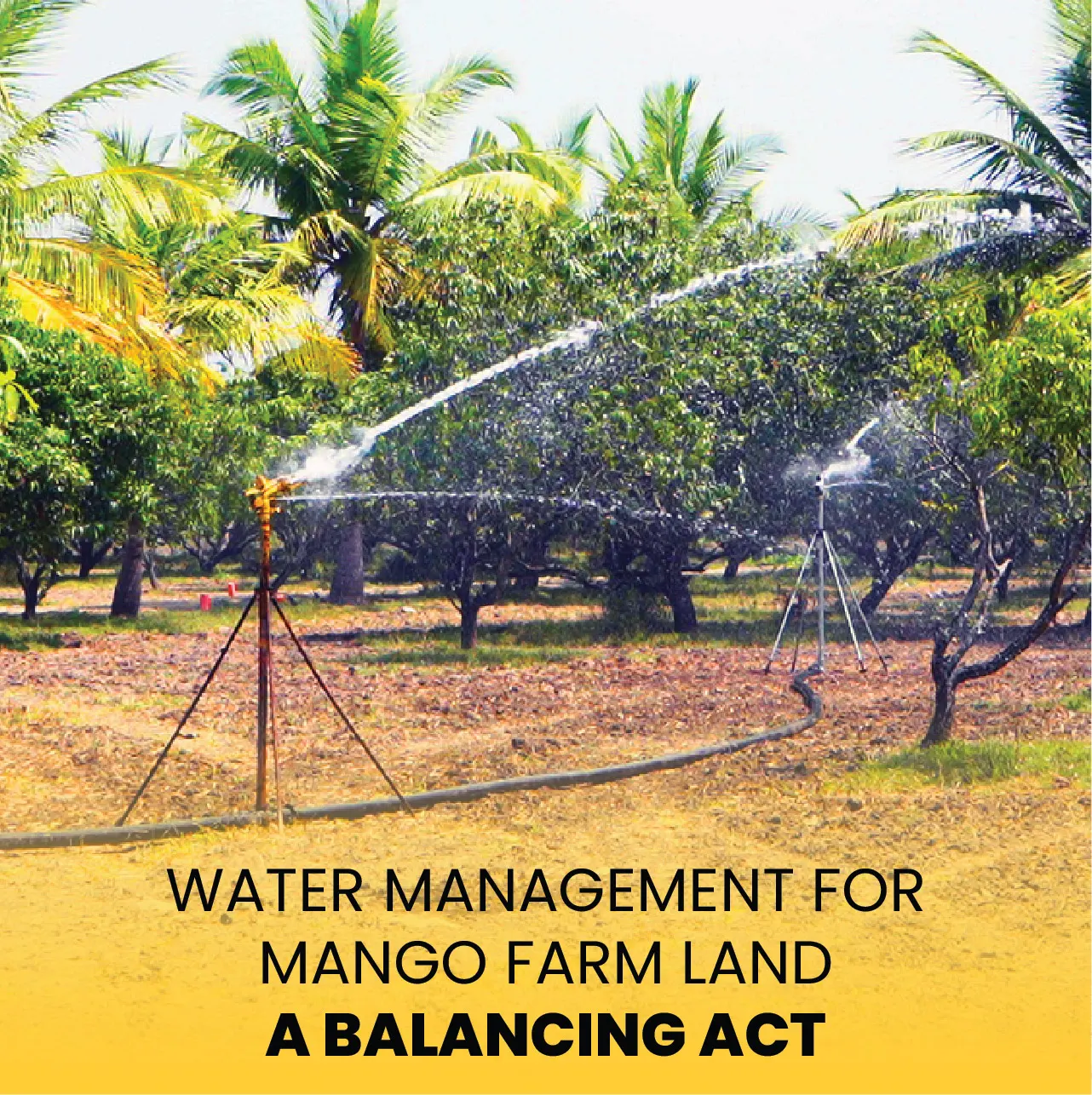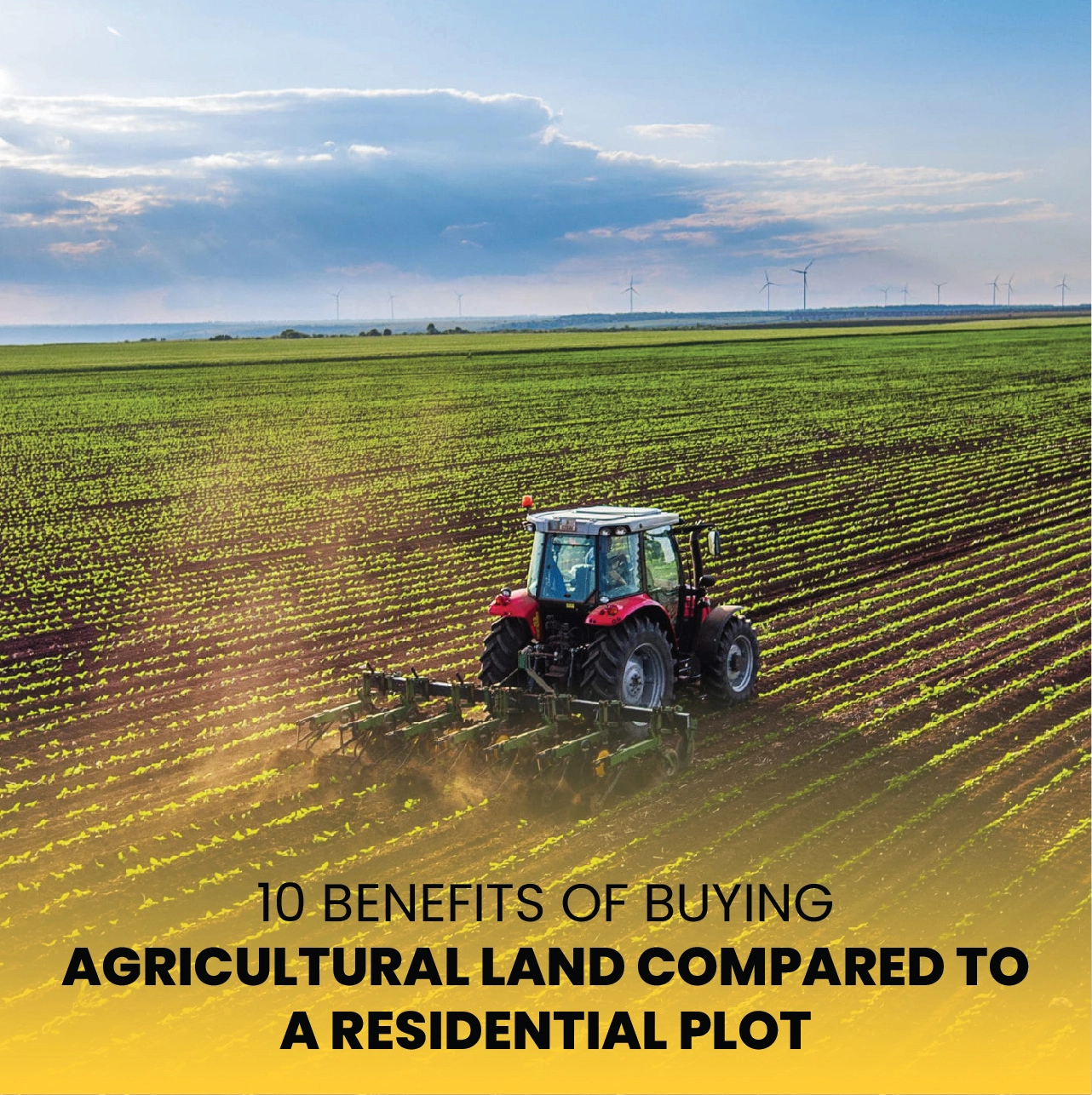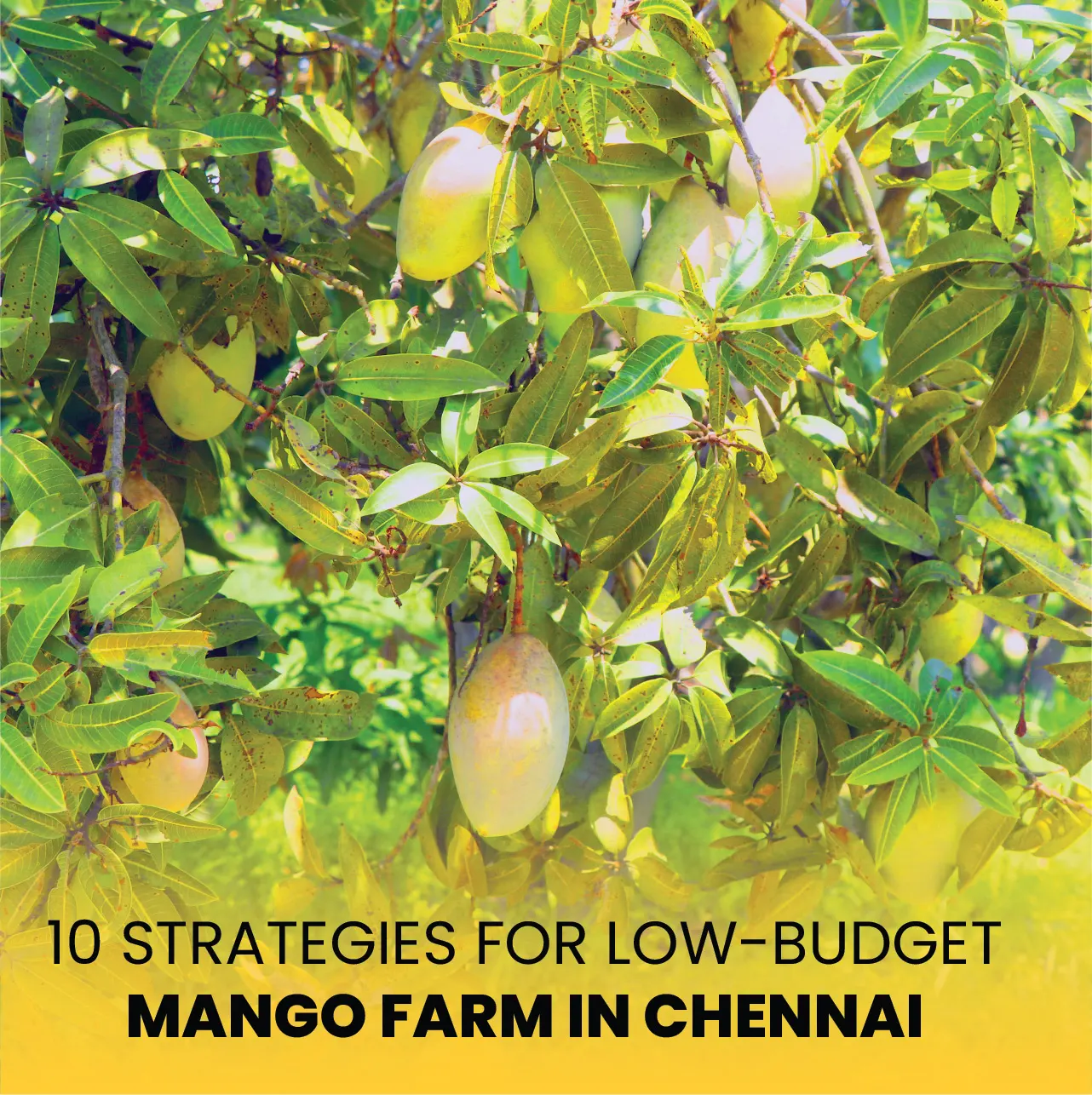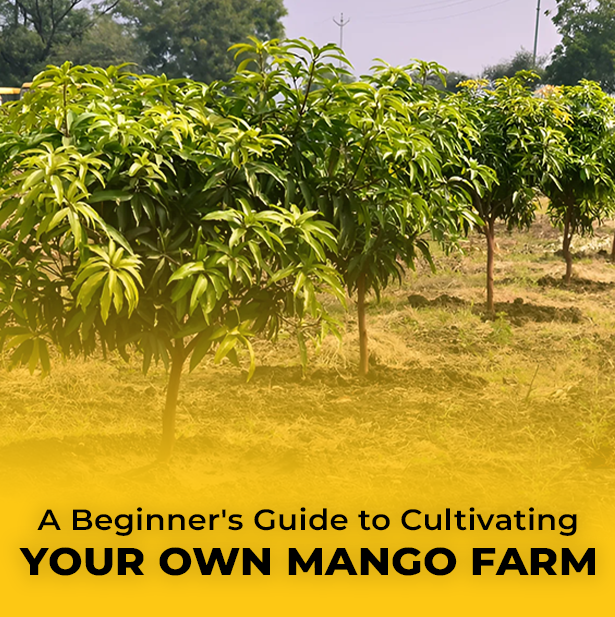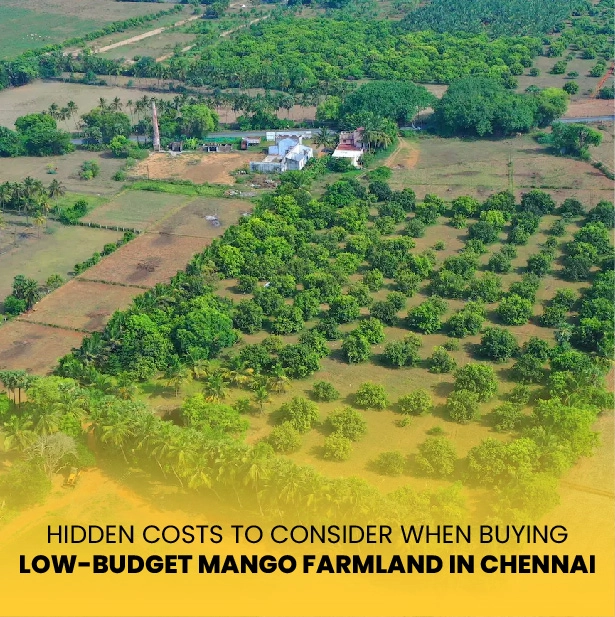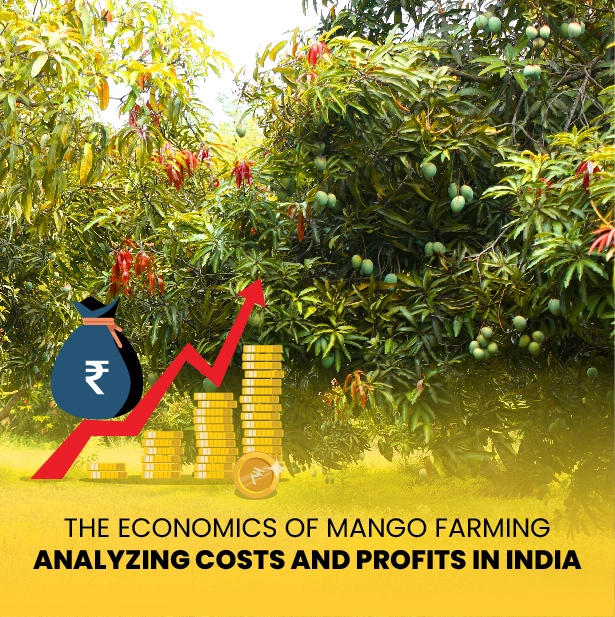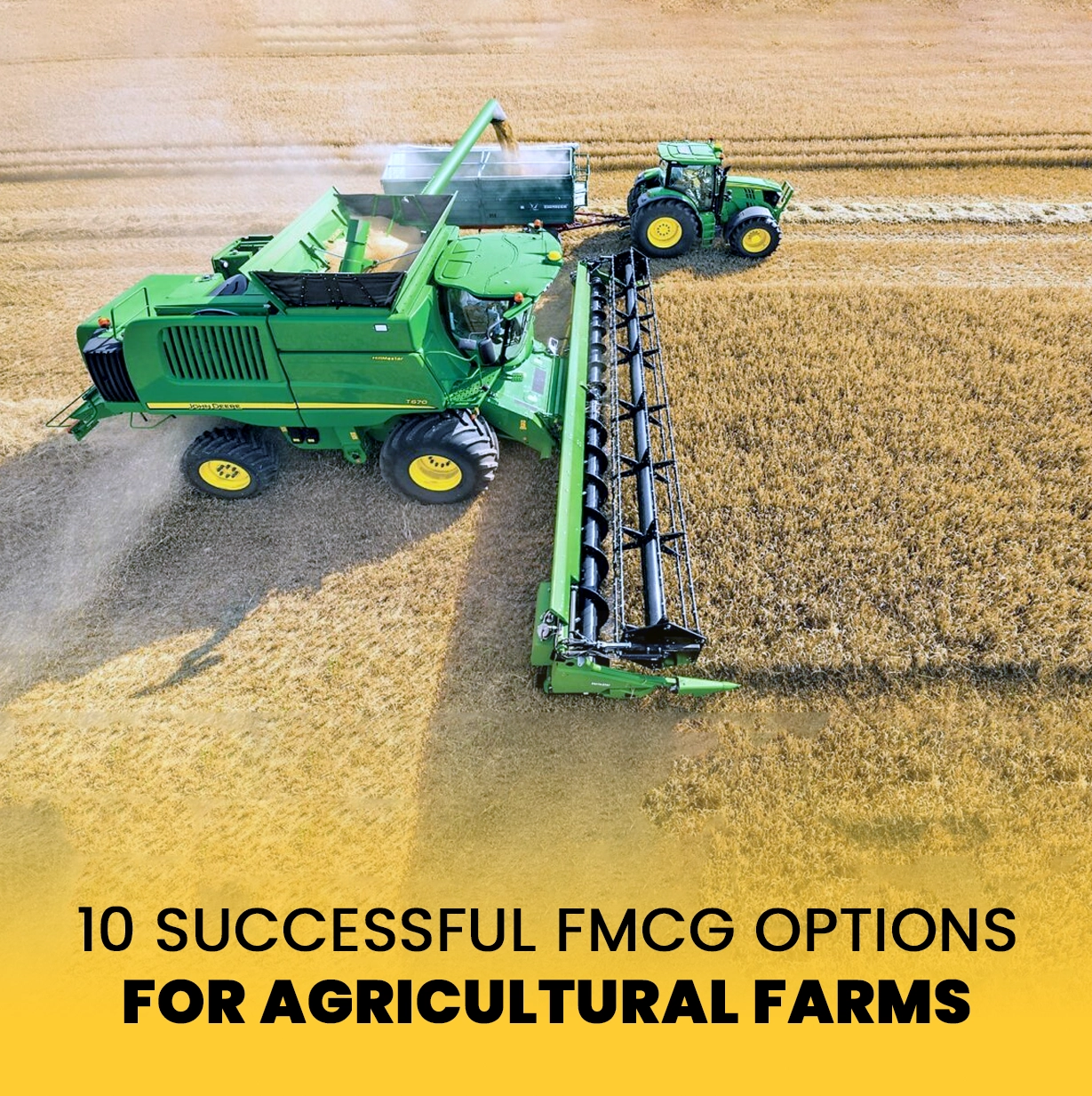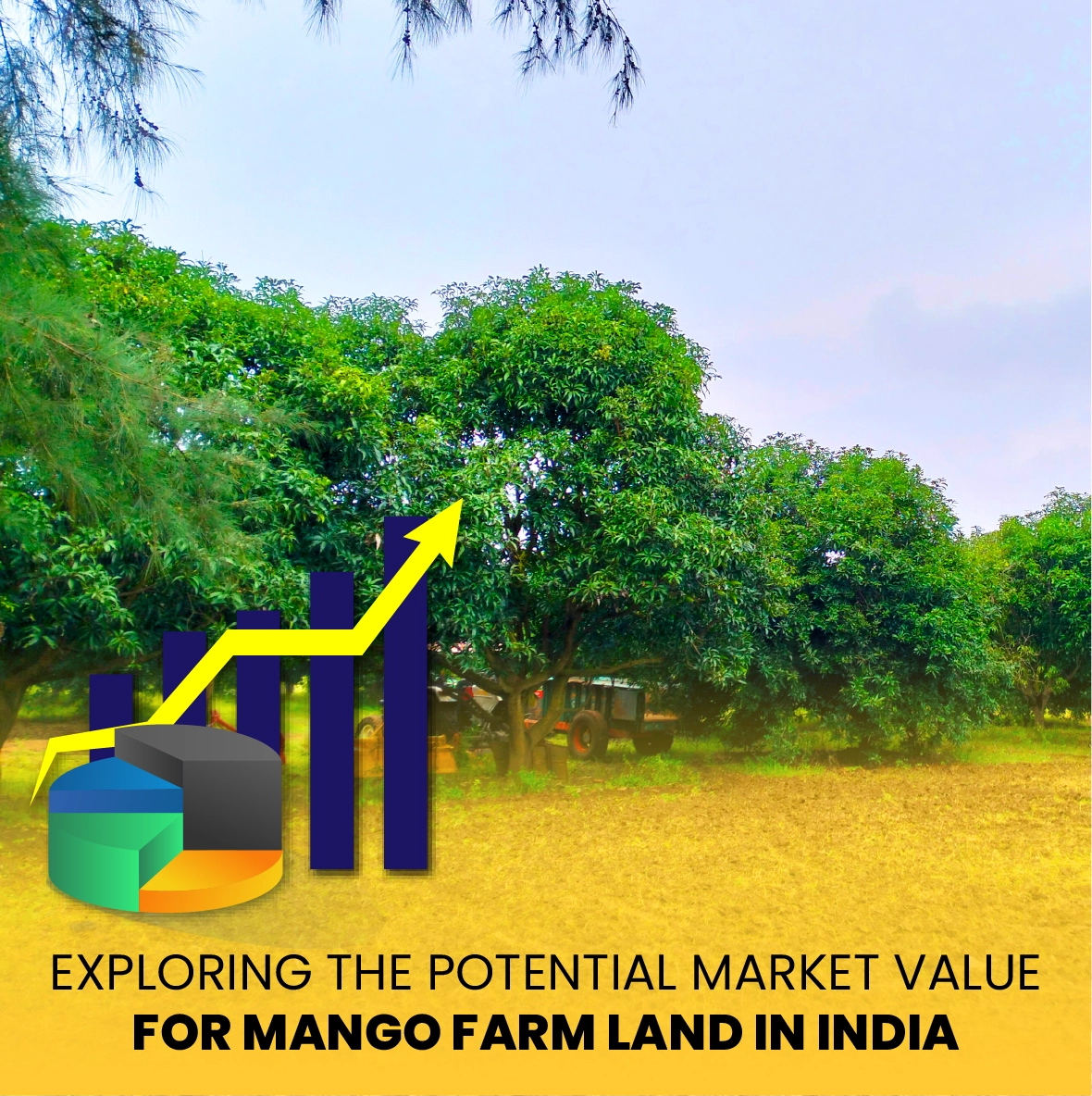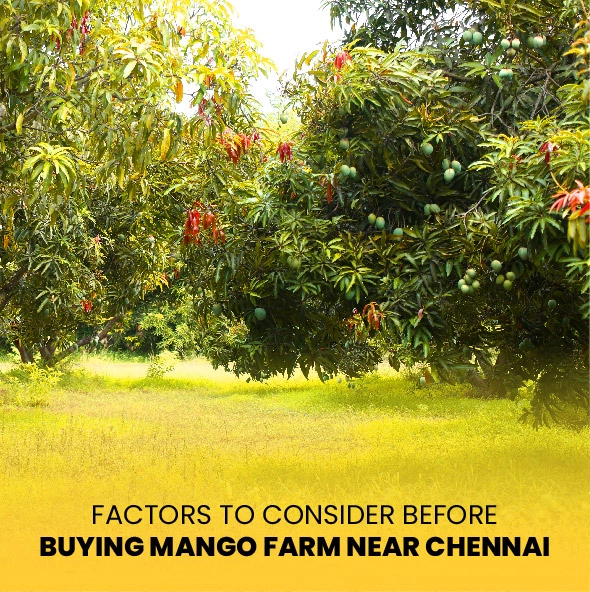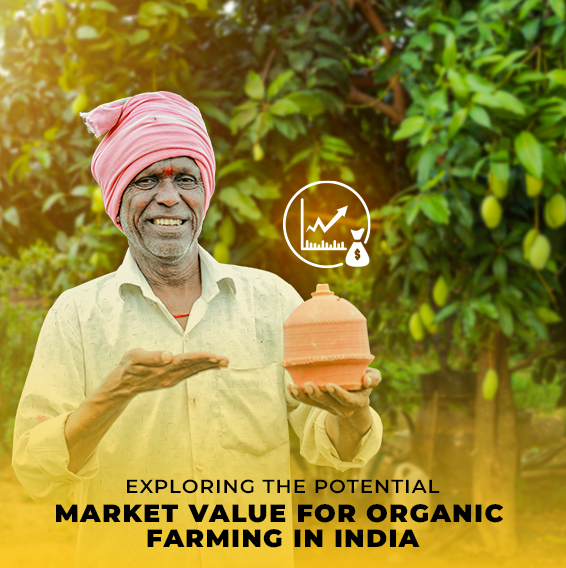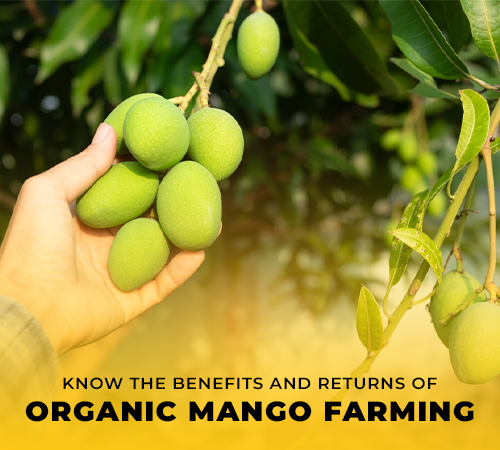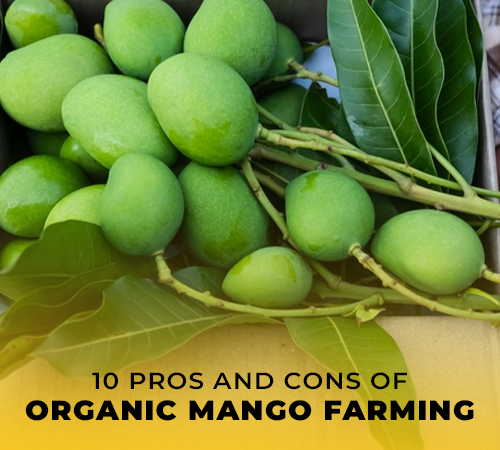Given that millions of farmers rely on agriculture for their livelihoods and as the backbone of rural India's economy, the sector faces numerous challenges such as declining soil fertility, erratic weather patterns, water shortages, and the exodus of younger generations to urban areas. This combination of history and innovation has the ability to make Indian agriculture a more robust, sustainable, and profitable industry, therefore supporting rural farmers and guaranteeing food security for the nation.
This blog looks at how old knowledge and contemporary technologies could cooperate to transform rural Indian farming methods.

Agriculture is not an exception; technological developments have transformed sectors all around the world. Modern technologies are giving farmers the skills to make more educated decisions and increase yields, while lowering resource waste from automation and precision farming to complex data analytics.
Precision farming is among the biggest changes in agriculture. Using sensors, drones, and satellite data, this system real-time monitors crop health, soil conditions, and meteorological trends. By means of accurate knowledge on soil moisture, nutrient levels, and plant development, farmers can now maximize irrigation, fertilization, and pesticide application.
Precision agricultural approaches can help rural farmers save on input costs, increase crop yields, and preserve natural resources like fertilizers and water. This technique is very helpful in areas experiencing water shortages because it guarantees the effective use of water in irrigation, ensuring that crops receive the correct amount at the correct time.
Artificial intelligence (AI) and machine learning (ML) are rapidly changing agriculture by providing farmers with prediction tools. To generate accurate estimates regarding crop yields, insect infestations, and market pricing, these systems examine enormous volumes of data—including weather forecasts, past crop performance, and market patterns.
For Indian rural farmers, this might change everything. Farmers can use AI-powered tools to make educated judgments on which crops to grow depending on market demand and to take preventative action to guard their crops from pests or diseases. Farming lowers risk and increases income, farming is a more steady and sustainable job.
Using smart gadgets and linked sensors, the Internet of Things (IoT) has crept into agriculture. These tools track environmental variables, including temperature, humidity, and soil condition, and then provide real-time data to farmers' computers or cellphones.
IoT-based smart farming can enable farmers in rural India to more effectively control vast portions of land. By guaranteeing just the correct amount of water, smart irrigation systems, for instance, help to lower waste and enhance crop health. By tracking animal health, livestock monitoring systems help to lower illness risk and guarantee maximum output in dairy and chicken production.
In Indian agriculture, drones are rapidly being employed for chores including soil research, crop monitoring, and even pesticide spraying. These unmanned aerial vehicles give farmers a bird's-eye perspective of their fields, enabling early identification of problems including unequal crop development or pest infestations.
Combining remote sensing technologies with satellite images lets farmers evaluate the condition of their crops over big swathes. This knowledge is critical for optimizing resource use and raising overall farm output.
Although contemporary technology has numerous advantages, it's important not to undervalue indigenous agricultural expertise. For millennia, rural Indian farmers have grown crops using time-tested methods closely related to local ecosystems, temperature conditions, and cultural customs. Essential for long-term agricultural success, these methods stress sustainability, biodiversity, and resource economy.
Traditionally, indigenous farming people in India have depended on conventional water-saving methods such as tank irrigation, step wells, and rainwater collection. These techniques, particularly in arid regions, aim to optimize the limited water resources.
for example, constructed step wells to store rainfall and provide irrigation for crops during dry seasons. Long ago, farmers in Kerala used linked ponds to control irrigation and water flow. Modern irrigation technology can help to revive and combine these systems to guarantee effective water utilization in rural development.
Indian farmers used organic manure, composting, and natural pest control techniques long before the invention of artificial fertilizers and pesticides. Using neem leaves, cow manure, and other natural resources, indigenous knowledge maintains soil fertility and fights off pests without damaging the ecosystem.
Organic farming is seeing a comeback today as customers grow more aware of the negative impacts of synthetic chemicals. Rural Indian farmers can take advantage of the growing demand for organic food, both locally and abroad, by including contemporary organic certification criteria with conventional farming techniques.
Intercropping—the custom of indigenous farmers growing a range of crops together—has been around for centuries. This approach helps preserve soil health, lower the possibility of total crop failure, and boost biodiversity. For instance, farmers sometimes cultivate pulses next to cereals to add nitrogen to the soil, thereby reducing the need for chemical fertilizers.
For millennia, farmers in areas like the Western Ghats have raised a variety of polycultures, including several kinds of rice, millets, and fruits. Modern studies demonstrate that crop variety increases food security and income stability for rural farmers in addition to resilience to climate change.
Integration of contemporary technologies with indigenous knowledge systems will define rural India's agricultural future. It's important to understand that both of these strategies can complement one another in significant ways rather than seeing them as oppositional. Combining modern technologies with age-old methods can help Indian farmers produce a more ecologically friendly crop.
Modern technologies provide farmers with data-driven insights that maximize resource use, thereby improving traditional farming methods. Precision farming technologies, for example, can assist intercropping farmers in deciding the best plant distances and watering schedules, resulting in increased general yields.
In areas where conventional irrigation techniques like tank systems or step wells are still in use, IoT-enabled sensors can track water levels and provide real-time alarms when maintenance is necessary. This mix of old and contemporary guarantees that, over time, classic systems stay sustainable and functional.
Rural farmers may now more easily obtain important data on government support programs, market pricing, and weather forecasts thanks to digital platforms and smartphone apps. These sites can also offer insightful materials on sustainable farming methods combining indigenous wisdom with contemporary organic methods.
By linking rural farmers to agricultural specialists and customers, companies like Digital Green and the e-NAM project of the Indian government allow them to improve their farming methods and raise profitability.
The successful fusion of contemporary technology and traditional knowledge depends on farmer education and training. Providing farmers with practical training in both new technologies and sustainable practices depends critically on agricultural extension services and NGOs.
Workshops on organic farming, soil testing, and drone use can enable rural producers to embrace modern techniques without sacrificing their traditional knowledge. Education also motivates younger generations to stay in agriculture instead of moving to metropolitan regions by helping them view farming as a feasible and rewarding job.
Rural India's agricultural future rests on finding a balance between conventional wisdom and contemporary invention. Rural Indian farmers can create a strong agricultural system that promotes both economic development and environmental health by fusing the sustainability and biodiversity of indigenous traditions with the precision and efficiency of contemporary technologies.
Unlocking the full potential of Indian agriculture, guaranteeing food security, and building a rich future for rural areas all depend on empowering farmers through education, technology access, and preservation of traditional knowledge.
